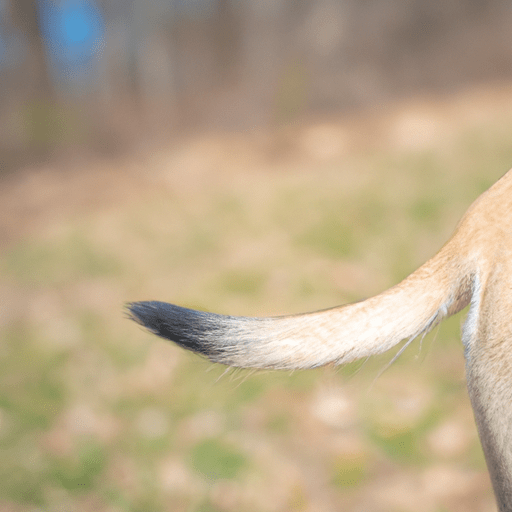As a caregiver, your dog’s health and wellbeing is always at the front of your mind. In this in-depth article, we will discuss a slightly more delicate issue – your dog’s anal glands. Specifically, why they might develop a smell and what you can do about it.
What Are Anal Glands?
Anal glands, also known as anal sacs, are small glands located on either side of your dog’s anus. They secrete a fluid that dogs use to mark their territory, and they’re typically emptied when your dog defecates. If you notice a foul smell coming from your dog’s rear end, it might be because their anal glands are impacted or infected.
Why Do Anal Glands Smell?
The smell associated with anal glands is usually due to the fluid they produce. This fluid has a strong, musky odor that can become noticeable if the glands are not regularly emptied. Several things can cause this:
- Impaction: The most common cause of smelly anal glands is impaction. This occurs when the glands don’t empty properly and the fluid becomes thickened, causing discomfort and a strong odor.
- Infection: If bacteria get into the anal glands, they can cause an infection, leading to a particularly foul smell.
- Tumors: In rare cases, tumors can grow in the anal glands and may cause a smell.
How Can I Prevent Anal Gland Smell?
Preventing anal gland smell involves regular maintenance and care. Here are some steps you can take:
- Regular Vet Checkups: Regular checkups can help identify any issues early on. Your vet can manually express the glands if necessary.
- Diet: A diet high in fiber can help your dog’s stools be firm enough to naturally express the glands.
- Exercise: Regular exercise helps to keep your dog’s digestive system healthy, which can also help with anal gland health.
How Can I Treat Anal Gland Smell?
If your dog’s anal glands are already smelling, you need to treat the underlying cause:
- Vet Visit: If your dog’s anal glands are impacted or infected, your vet can express them manually or prescribe antibiotics.
- Surgery: In severe cases, or if your dog repeatedly suffers from anal gland issues, your vet might recommend surgically removing the glands.
FAQ
Q: How often should anal glands be expressed?
A: It depends on the dog. Some dogs never need their anal glands expressed, while others need it done regularly. Your vet can give you guidance based on your dog’s needs.
Q: Can I express my dog’s anal glands at home?
A: While it is possible, it’s not recommended unless you’ve been trained by a vet. Doing it incorrectly can cause harm to your dog.
Q: What are the signs that my dog’s anal glands are impacted?
A: Signs of impaction include scooting, excessive licking of the rear, difficulty sitting, and a fishy smell.
Q: Can diet really affect my dog’s anal gland health?
A: Yes! A diet high in fiber can help ensure your dog’s stools are firm enough to naturally express the anal glands.
Q: What if my dog has repeated anal gland issues?
A: If your dog has repeated issues, your vet might recommend surgical removal of the glands.



